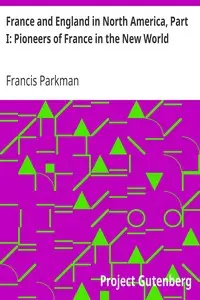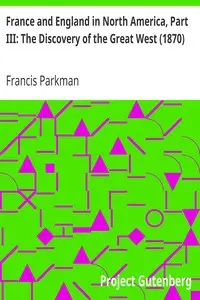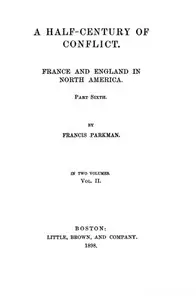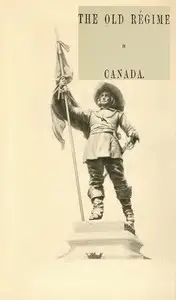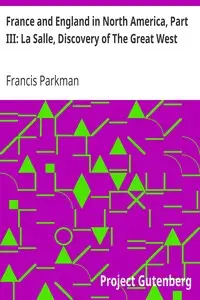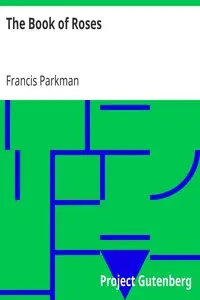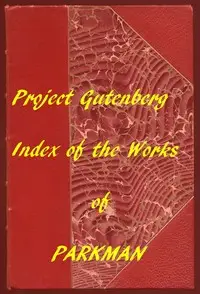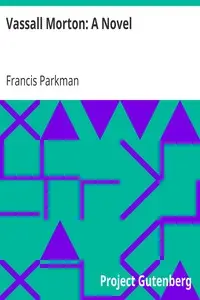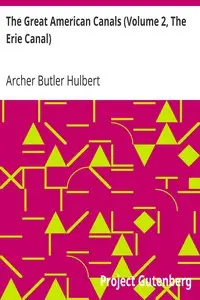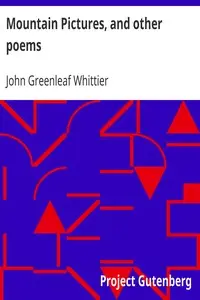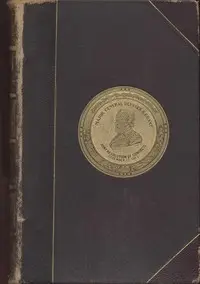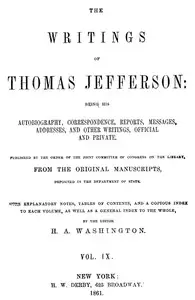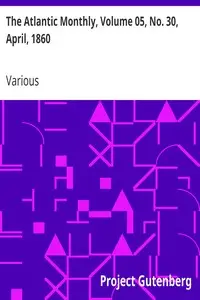"France and England in North America, Part II: The Jesuits in North America" by Francis Parkman is a historical narrative from the late 1800s that recounts the 17th-century quest of French Jesuit missionaries to convert Native American tribes, highlighting the intersection of religious passion and political strategy. It portrays the trials and dedication of the missionaries while also depicting the diverse cultures and spiritual beliefs of the Native Americans they met. The story starts by emphasizing the often-unrecognized contributions of these early Jesuits, who documented their experiences in detailed reports as they navigated the political challenges of early America, painting a picture of divided indigenous tribes, their customs, and their interactions during a time of great change and conflict and placing the Jesuit's work within a complex social world in North America.
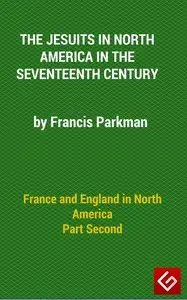
France and England in North America, Part II: The Jesuits in North America in the Seventeenth Century
By Francis Parkman
In the 1600s, French missionaries risked everything to convert Native Americans, their story interwoven with tribal clashes and colonial ambitions.
Summary
About the AuthorFrancis Parkman Jr. was an American historian, best known as author of The Oregon Trail: Sketches of Prairie and Rocky-Mountain Life and his monumental seven-volume France and England in North America. These works are still valued as historical sources and as literature. He was also a leading horticulturist, briefly a professor of horticulture at Harvard University and author of several books on the topic. Parkman wrote essays opposed to legal voting for women that continued to circulate long after his death. Parkman was a trustee of the Boston Athenæum from 1858 until his death in 1893.
Francis Parkman Jr. was an American historian, best known as author of The Oregon Trail: Sketches of Prairie and Rocky-Mountain Life and his monumental seven-volume France and England in North America. These works are still valued as historical sources and as literature. He was also a leading horticulturist, briefly a professor of horticulture at Harvard University and author of several books on the topic. Parkman wrote essays opposed to legal voting for women that continued to circulate long after his death. Parkman was a trustee of the Boston Athenæum from 1858 until his death in 1893.

